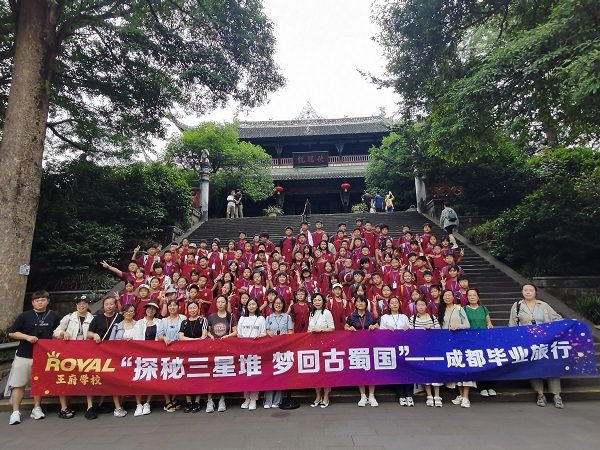search for a Trip
source from Chinadaily
1. Regions in which foreigners can travel
The regions in which foreigners can travel are divided into four categories. There are 29 regions of Class A, to which foreigners have direct access without a travel permit or prior notice. These are Beijing, Tianjin, Shanghai and Chongqing, as well as Qinhuangdao in Hebei province, Taiyuan in Shanxi province, Shenyang in Liaoning province, Changchun in Jilin province, Harbin in Heilongjiang province, Nanjing, Suzhou and Wuxi in Jiangsu province, Hangzhou in Zhejiang province, Jinan and Qingdao in Shandong province, Zhengzhou, Kaifeng and Luoyang in Henan province, Wuhan in Hubei province, Changsha in Hunan province, Guangzhou, Foshan and Zhaoqing in Guangdong province, Nanjing and Guilin in the Guangxi Zhuang autonomous region, Xi’an in Shaanxi province, Chengdu in Sichuan province, and Kunming and Lunan county in Yunnan province.
Regions of Class B are generally accessible to foreigners but they must apply to a public security department for a travel permit. Regions of Class C and D are generally inaccessible to foreigners except under special circumstances after applying for a travel permit.
2. Group tours with travel agencies
Travel agencies should provide details of relevant information and provide travel itineraries to tourists before the beginning of their trip.
Tourists are entitled to select tourism products and services independently.
Tourists have the right to be compensated in accordance with the law if there are infringements on their personal safety and property.
If tourism operators violate the law, tourists have the right to report it to authorities in charge of tourism, industry and commerce, price, transportation, quality supervision and health.
3. Driving in China
Foreigners who hold foreign driving licenses and take their vehicles to China temporarily, or drive a leased Chinese motor vehicle, must apply for a temporary driving license to traffic administration authorities within two days of their entry into China.
Public security organs shall handle road traffic accidents caused by foreigners if no crime of causing traffic casualties is involved. Otherwise, they shall be subject to criminal liability in accordance with Chinese law.
If a foreigner is suspected of fleeing from the scene after causing a traffic accident or committing a crime that causes traffic casualties, traffic administrative departments of the public security organ can prohibit him or her from leaving China in accordance with the relevant laws and regulations.
If foreigners are injured in traffic accidents, they are eligible for compensation for medical and healthcare expenses, lost income, hospital food subsidies, transportation fees, appraisal fees, disability compensation, rehabilitation and follow-up treatment costs, disability aids costs, dependents’ living expenses, and other reasonable expenses. The amount shall be calculated according to the relevant standard for Chinese urban residents.
China Legal Publicity Center provided this article.
More Attractions






